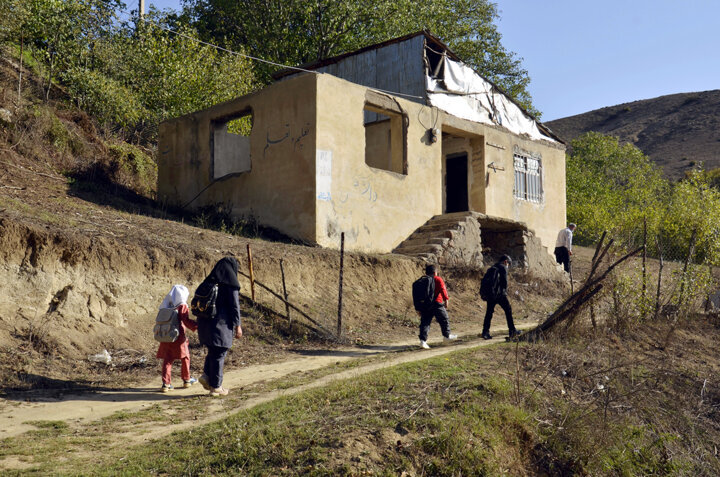Preserving rural nature with environmental facilitators

TEHRAN – The Department of Environment (DOE) plans to train environmental facilitators to protect the environment in the villages, DOE official Abolqasem Mousavi has said.
Based on the plan, each village will have an environmental facilitator as an environmental representative who is concerned about the environment, he explained, adding, it will be implemented both in the villages and in the next stage in the cities.
These people will be local experts and will supervise rural development measures to conduct an environmental assessment, he highlighted.
In the villages, there are various issues such as waste, supervision of protected areas on the outskirts of the villages, consumption patterns, conservation of resources, and plant and animal species, for which we must have a plan, Mousavi said.
One of the serious goals in this field is to preserve the environment by the people and locals, he stated.
*******Environmental protection
On November 17, 2015, Leader of the Islamic Revolution Ayatollah Ali Khamenei announced the general policies on the environment, emphasizing the need for comprehensive, harmonious, and organized management of vital resources based on ecological capability and sustainability, particularly by increasing capacities and appropriate legal and structural capabilities accompanied by public participation.
The policies call for establishing a cohesive and national system on the issue of the environment.
Improving environmental conditions with the purpose of helping society enjoy a healthy environment, administering justice and observing intra-generational rights, preventing and prohibiting the circulation of all kinds of unlawful pollutants, recording crimes related to the environment, administering efficient and preventive punishment of polluters and destroyers of the environment and forcing them to compensate for their actions, were also among the policies.
******** Rural development plans
Many efforts have been made over the past couple of years by the government to support villagers and slow down the trend of migration from rural areas to cities.
Currently, 26 percent of the country's population lives in villages, around 39,000 villages have more than 20 households and 23,000 villages have less than 20 households.
Thus, more than 97 percent of the country's rural population lives in villages with over 20,000 households. A total of 31 trillion rials (nearly $103 million) for the eradication of deprivation in rural areas was approved by the Majlis (Iranian Parliament) in the budget bill for the current Iranian calendar year (March 2022-March 2023).
The comprehensive development plans aim to develop rural areas in line with cultural, economic, and social conditions, as well as housing provision for the rural residents and improving environmental services.
There are around 40,000 villages in the country with more than 20 households, for all of which comprehensive development plans have been approved every 10 years.
Rural tourism, agritourism, religious tourism, and ecotourism are alternatives or complementary economic activities that could further stimulate rural development while decreasing rural community dependency on one main economic sector (agriculture, forestry, energy, or mining).
FB/MG
